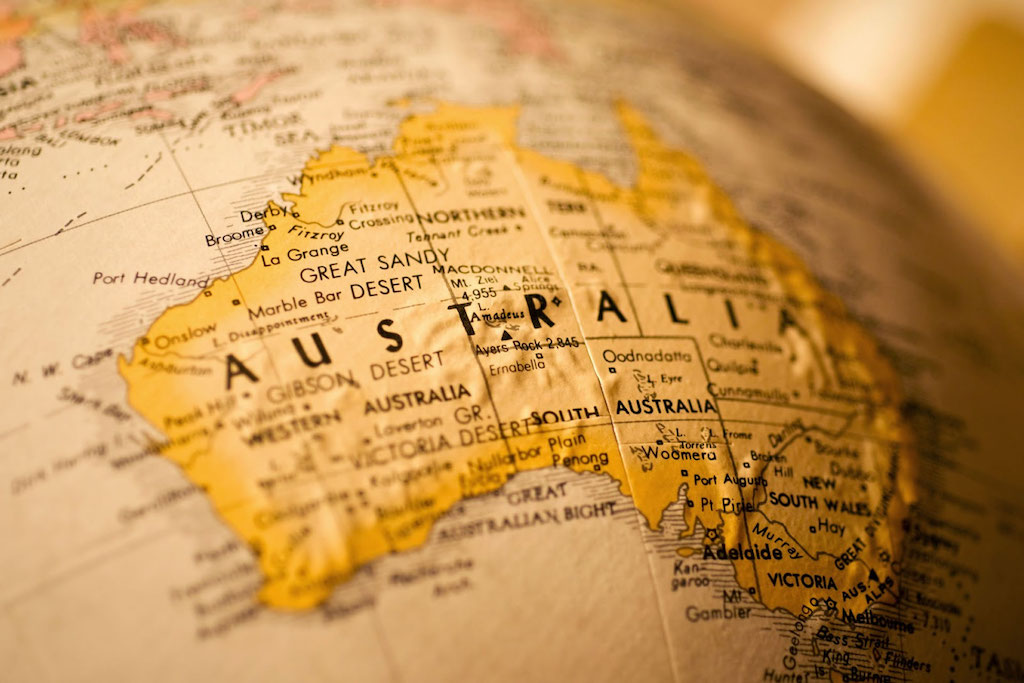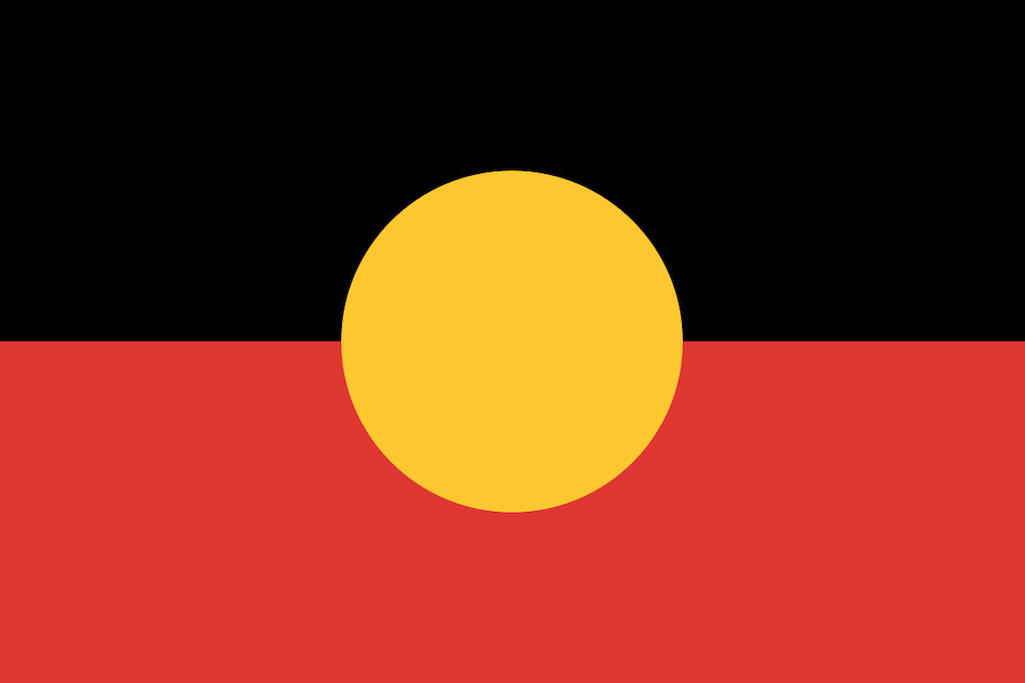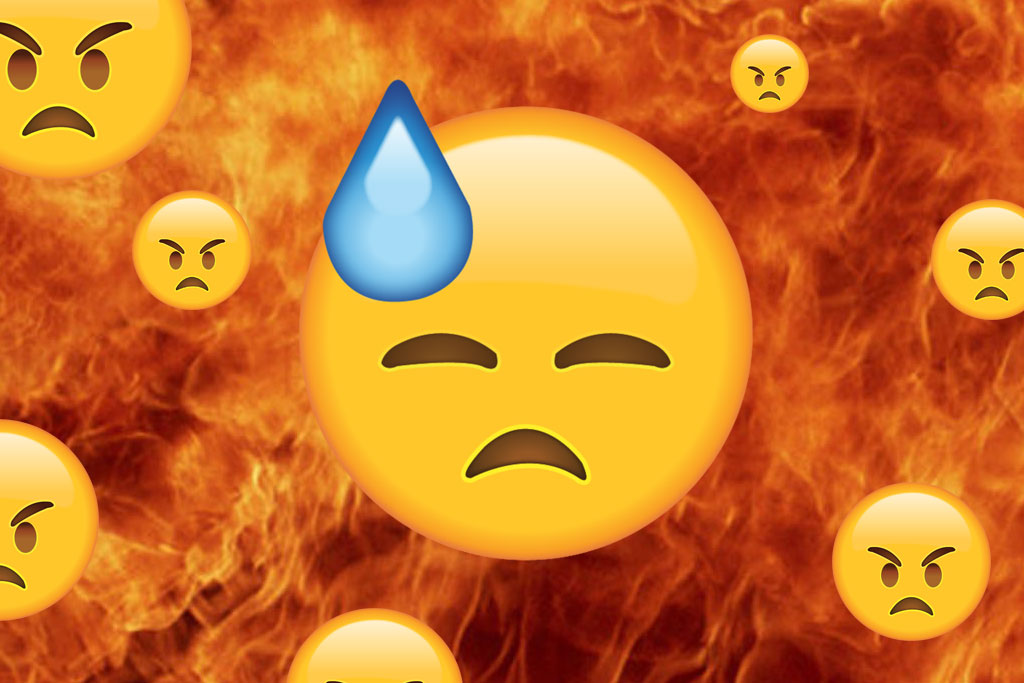White Supremacy Isn’t Just The Nazis, It’s Part Of Everyday Australia
This is an uncomfortable conversation we need to have.

If I asked you to describe a white supremacist, what would be the first thing that comes to mind? Maybe images of white pointed hoods and burning crosses. Possibly masked rioters or Nazi salutes as well? You’d surely describe someone who believes white people are inherently superior to everyone else.
These familiar images and ideas have long been characteristic of any depiction of white supremacists, maintaining the illusion that these sentiments are uncommon and on the fringe. They also tragically resurfaced last weekend, at race riots in Charlottesville, Virginia. We saw the masked figures, the menacing torches at night, and the murderous violence. Everyone (apart from the President) immediately acknowledged that those involved were white supremacists, or were inspired by white supremacy.
Most importantly, however, what we witnessed was a reinforcement of the accepted time and place to discuss white supremacy. And this, I believe, is arguably the most relevant takeaway for us in Australia.
Meanwhile in Australia at the ABC: "Can we get a few of these people on for balance? pic.twitter.com/TEpQWpeXSn
— Petra Starke (@petstarr) August 12, 2017
There is already extensive coverage of the violent threat white supremacists pose, the deeply troubling ripple effects of the normalisation of hate speech, and all the consequences therein. Although mainstream platforms could do much better in bringing these elements to the fore, we are still in constant discussion on the most visible, violent and traditionally accepted elements of white supremacy.
What we have yet to reckon with is the dire need to normalise the discussion and recognition of white supremacy as a system that dictates our lives. It’s so much more than a band of violent, rioting racists. It’s a system that has deep roots in Australian institutions and cultures. To reduce it to its most visible elements is a disservice to the silent suffering white supremacy enacts on people of colour.
What Is White Supremacy?
First we need to acknowledge the European roots of our society and systems, as a legacy of colonialism. Without this historical context we wouldn’t be able to better understand where and how white supremacy works.
As Edward Said famously wrote on the topic, Europe was built and defined on a history of hegemony. “It can be argued that the major component in European culture is […] the idea of European identity as a superior one in comparison with all the non-European peoples and cultures.” That belief of superiority translated into colonialism — the theft of land, resources, wealth and the genocide of Indigenous communities.
Our society was built in this image, on racism as a system of power, inherently mirroring and evolving the institutionalisation of white superiority over others. Without understanding this history, we’ll only continue to misapply white supremacy as an idea and a phrase.
Australian political lecturer Yassir Morsi has expanded on this by writing that, “The key component of racism is power. The power to do it. The ability to punish and reward. The power to discipline and to own, to name and to kill the Other can only come with possessing military and cultural will and capacity to do so. Power also makes our excuses seem natural, along what we exclude, what we repress, censor, abstract and conceal.
“But racism is not solely to be defined negatively,” he continues. “Power also produces: it produces our sense of reality, of rights and privileges; it produces our rituals of truth. And, most notably, it produces Europe.”
This definition goes some way towards contextualising the struggles of people of colour in Australia. It’s rarely used though — maybe because of the deep sense of discomfort it would cause. It shifts discussions on racism from being about people’s feelings to being about the powerful and the powerless.
In this definition, reverse racism can’t exist. Racism no longer becomes about moments of discrimination and prejudice, but rather about how you wield or are affected by power. As American writer James Baldwin said, “The powerless, by definition, can never be ‘racists’, for they can never make the world pay for what they feel or fear except by the suicidal endeavour which makes them fanatics or revolutionaries, or both.”
White supremacy is both in the centre and on the fringe, occupying every space, at all times, suffocating opposition.
To redefine white supremacy — to give it its true definition — is to then call into question the very DNA of Australia, the values it claims it has built itself on. It is to call into question the experiences of every Australian as shaped by how close or far they are from those privileged by this system.
It calls into question our collective amnesia and agreed upon history. It would throw into stark light the generations of abuse, violence and cruelty enacted against Indigenous communities, largely dismissed or ignored. It would reframe history not as a series of eras — good or bad — but as extensions of one another, building and rebuilding systems of privilege as it suits the times.
It would paint the excessive brutality faced by refugees on Manus and Nauru as not outlier policies from a crazed minister, but as an extension of a system enacted to protect white Australia from foreign intrusions. To keep Australia white, essentially.
It would alleviate any hesitation in labelling the fractious “far-right” as merely continuing acts of violence against minority communities. We wouldn’t have to distinguish between racist groups and political platforms anymore, instead referring to them by what they advocate for: white supremacy.
It would reframe what we see as fringe and what we see as mainstream. Ironically, some of the most blatant white supremacists are popular public figures in Australia, from politicians to broadcasters and columnists. They all act as though they are in the minority, fighting the machine, regardless of the status and platform they are afforded.
This is the trick of white supremacy though. It makes its most prominent advocates both majority and underdog. It is both in the centre and on the fringe, occupying every space, at all times, suffocating opposition.
And suffocation is the only way I can describe it.
The Battle Ahead
Writing this has been a struggle, regardless of my own convictions. I fear the reactions it will generate from of our collective discomfort with discussing white supremacy as the normal state of affairs. It is that ingrained in our collective consciousness.
White supremacy leaves us, minority communities, questioning ourselves. We feel constantly unable to stack up to the mainstream. No amount of achievement or praise seems to be able to pull together the gnawing hole, where that sense of belonging and purpose is supposed to sit. We are walking, talking puppets, strings pulling in every direction.
It feels like we are infinitely reeling, never able to find our feet, never able to take a breath.
I see it constantly in my work as a community organiser too. It is endlessly frustrating, depressing and exhausting to watch my community constantly implode as it bounces around the political arena, like a drunk boxer constantly copping sucker punches.
We both cannot speak out, and are demanded to speak out. We are both terrorist sympathisers and barely human Islamic “moderates” in the same breath, both defining us without our consent, and demanding we act to this definition. We exist as caricatures, paintings on a white canvas, manipulated at will. We are policed and asked to police ourselves, trained into what we can and cannot think about.
It feels like we are infinitely reeling, never able to find our feet, never able to take a breath.
And yet, with all the consequences on our sense of self and our sense of agency, the society we live is still hesitant to recognise white supremacy for the pervasive, destructive, invasive poison it is. As it lays waste to people of colour’s ability to define themselves, it remains cautious about how to label the system that abuses us.
We need to confront that hesitation, and challenge the rules around discussing and labelling white supremacy, not just for the sake of the oppressed, but for the humanity of those unknowingly complicit in the spread of this toxicity. The first step to confronting a problem is to recognising it for what it is first.
–
Mostafa Rachwani is an award-winning writer, community advocate and media officer at the Lebanese Muslim Association.

